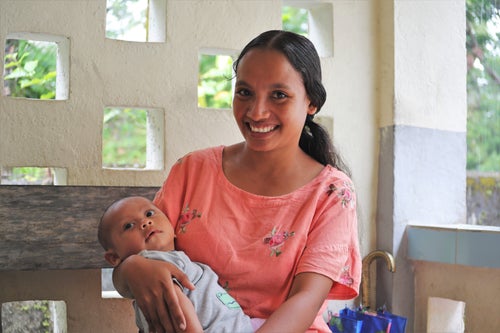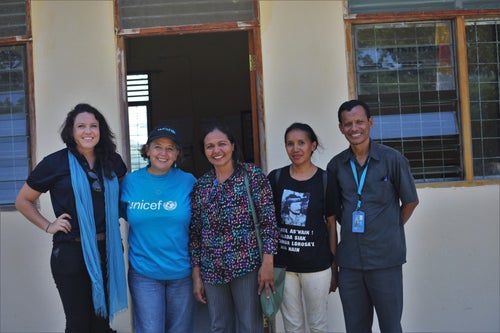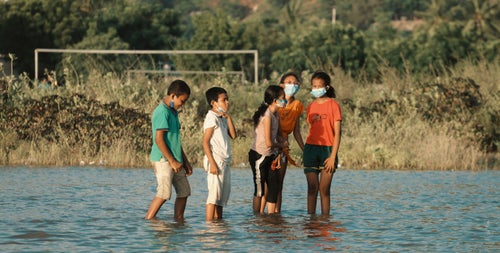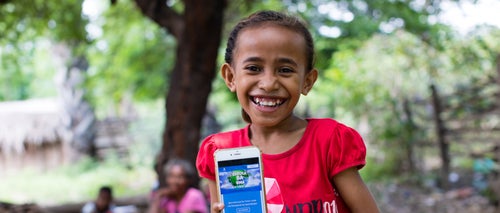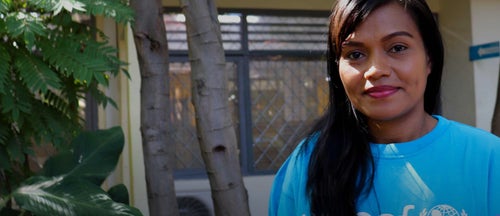We’re working to ensure every child has access to quality education, health care, nutrition and clean water and sanitation.
Did you know that Timor-Leste is one of the youngest countries in the world? After gaining Independence in 1999 this intriguing nation is still recovering from years of conflict and violence. Despite Timor-Leste’s impressive progress since Independence, the country continues to face many complex challenges, including significant gaps in infrastructure and limited capacity to deliver services.
Today, about 70 per cent of Timor-Leste's population live in rural areas and nearly 42 per cent of the population live below the poverty line. Most families are subsistence farmers and rely on what they can produce for food and nutrition in an often challenging environment. Malnutrition, poor sanitation and hygiene, and limited maternal health facilities hinder children’s growth, while child mortality, limited childhood education and child protection are some of Timor-Leste’s biggest challenges.
Alongside our partners, we’re working to improve the lives of vulnerable children by providing access to health care, education, clean water and sanitation, while keeping children safe from harm.
Located in Southeastern Asia, Timor-Leste borders Indonesia.
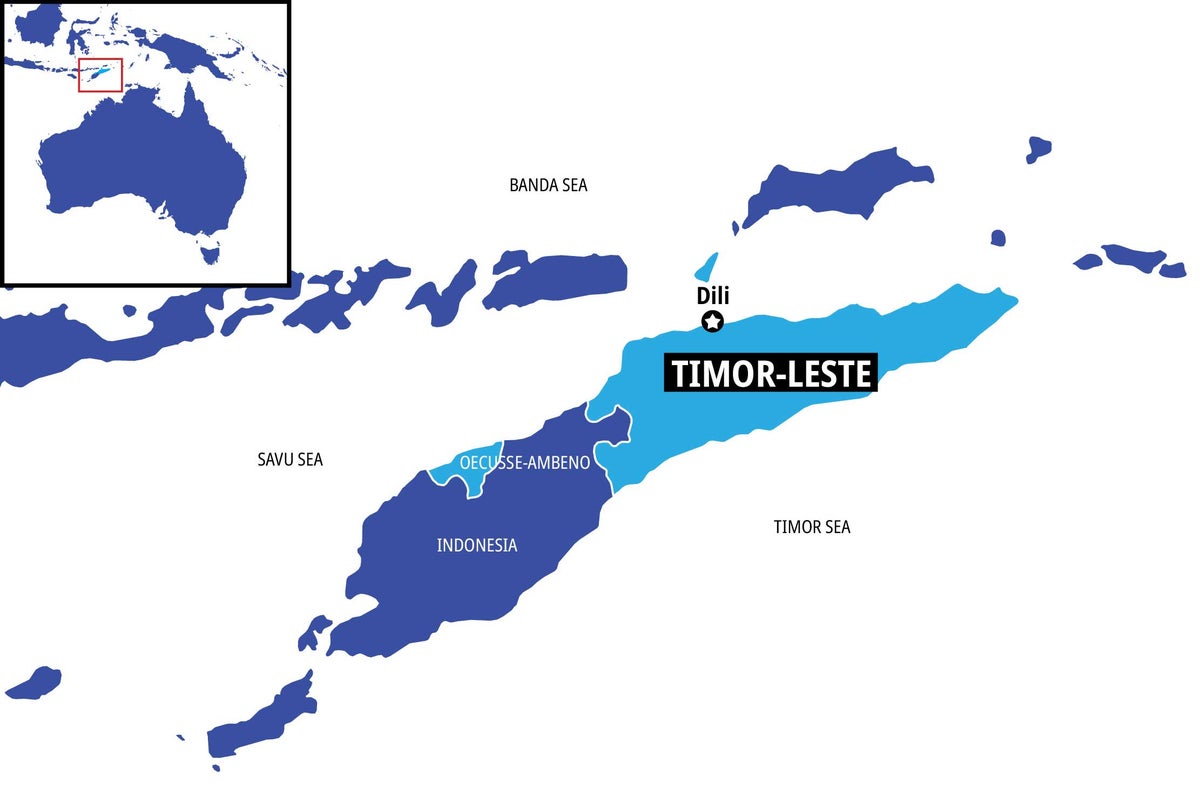
1 in 24
children do not reach their fifth birthday.
20%
Only 20 per cent of preschool-aged children in Timor-Leste are enrolled in school.
2 in 3
women between 15 and 19 report experiencing physical or sexual violence, but cases of sexual abuse are also under-reported.
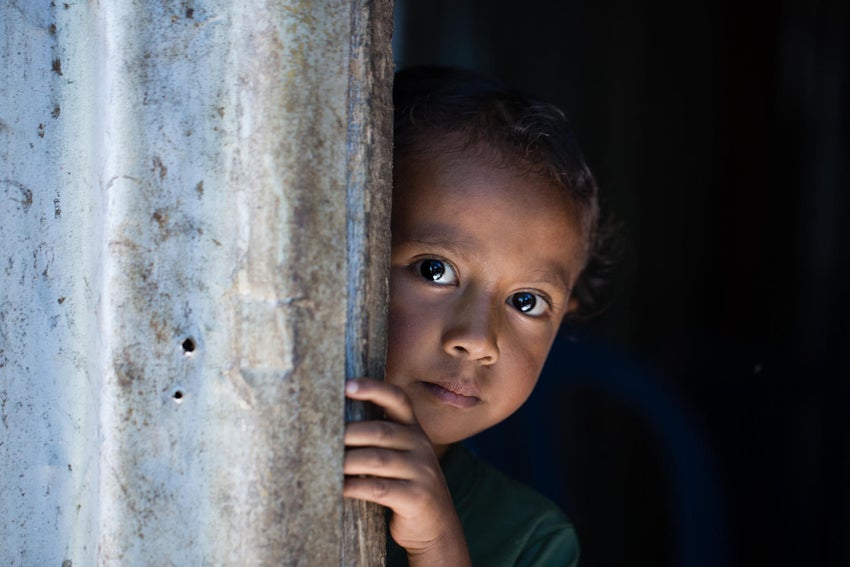
Timor-Leste’s many challenges
Although the nation has made huge strides in recent years, children and their families still face many challenges. Even though most of the population live in rural communities, health care facilities servicing these areas are under-resourced: the staff lack training in maternal health and newborn care, and facilities often lack access to running water, reliable electricity, medicines and supplies. This results in half the women in Timor-Leste not giving birth in a health facility, and 42 per cent of deaths in women aged between 15 and 49 years are due to complications from pregnancy and childbirth.
Poor hygiene and a lack of awareness contribute to childhood illness and under-nutrition. In fact, Timor-Leste has one of the world’s highest rates of stunting with one of every two children under five being stunted, which is when a child does not receive enough food and nutrients.
Since Independence, Timor-Leste has done a remarkable job at rebuilding its education system. More and more children and young people are now going to school and quality education for all is a key government priority. But ageing facilities, language diversity, weakened child-friendly teaching methods and limited facilities in rural areas hinder progress.
Timor-Leste has also made significant progress to establish a child protection system. However, significant challenges remain. Domestic violence is common in Timor-Leste, with violence against children in the home and at school being under-reported due to a societal belief that these domestic and classroom incidents are private.
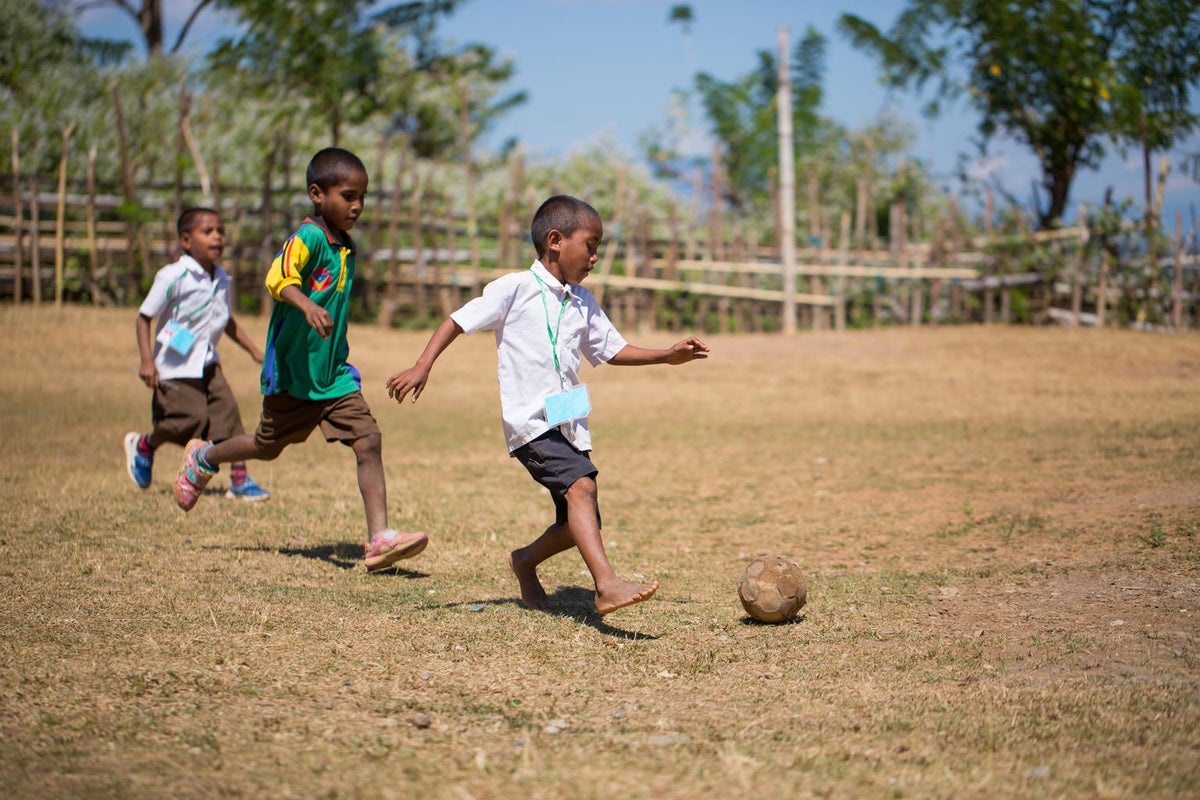
We’re protecting the rights of children in Timor-Leste
Over the years, we have successfully piloted new approaches to accelerate positive change for children and their families. Whether it is improving health services and childhood nutrition, bringing about positive change within child protection, or providing early learning education to children in need; our work in Timor-Leste is only possible thanks to the generous support of the Australian public and the Australian Government through the Australian NGO Cooperation Program (ANCP).
3,487
children under five and 1,253 pregnant mothers received improved maternal and neonatal care services in Timor-Leste in 2021-22 alone.
156,000
community members were provided with improved WASH facilities, such as access to water, toilets and handwashing, at UNICEF Australia supported health centres.
326
social welfare workers trained to deliver child protection services in 2021 alone.
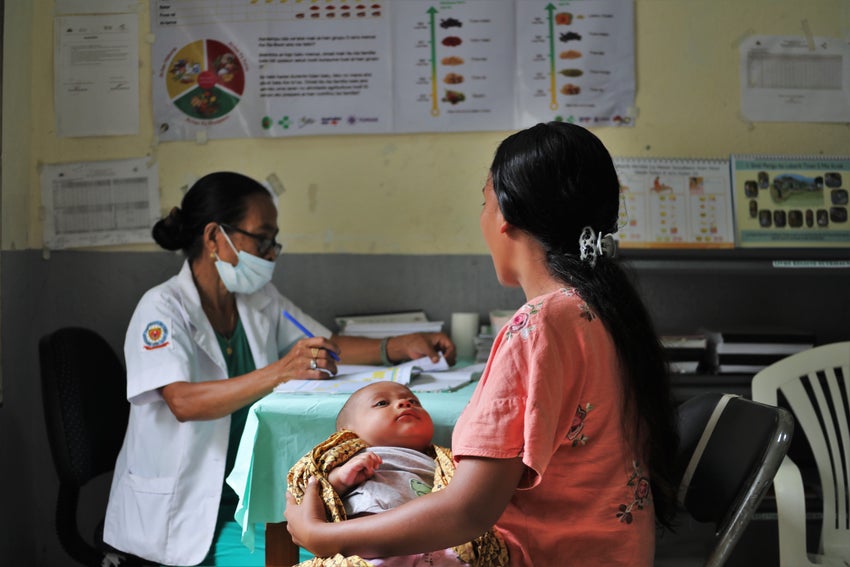
Providing health care clinics with access to clean water
In some remote communities of Timor-Leste, women who are in labour walk long distances to hospitals, bringing their own water to ensure a safe birth. With limited infrastructure for water storage in some of these remote communities, there is no way for health centres to sanitise delivery kits or clean the mother and baby after delivery. Sadly, resulting in many still births and neonatal deaths in their community.
UNICEF is working in partnership with the Government of Timor-Leste to install water tanks, which are helping to support women, midwives and health care workers access safe and clean water during births, and for other health outreach activities. By future-proofing access to clean water in remote communities and community health centres we’re ensuring that all mothers and newborns have access to high quality health services.
"We are delighted that UNICEF has drawn water and it is easier for us to do our work well,” says the midwives team in Ossu.
“Access to clean water and handwashing rooms in the delivery rooms are essential to ensuring a safe delivery, so we thank you and hope you continue to support us,” says the Director of the healthcare clinic in Ossu.
In Timor-Leste, we're making a difference in:
Help the children of Timor-Leste
By donating today, you can help children grow to be healthy, educated and safe from harm.
The impact of our work
Every child has the right to be healthy, educated, and live safe from harm.




